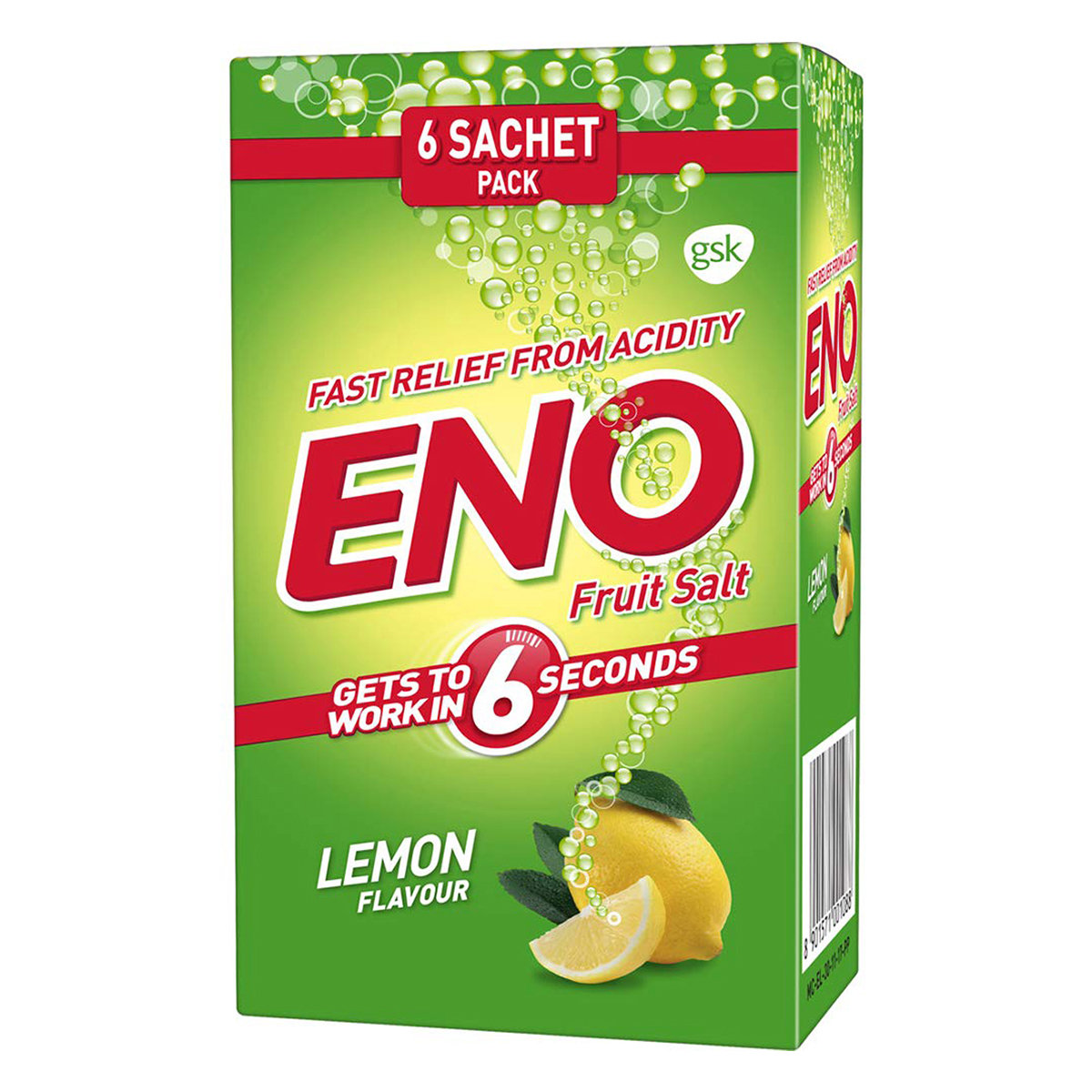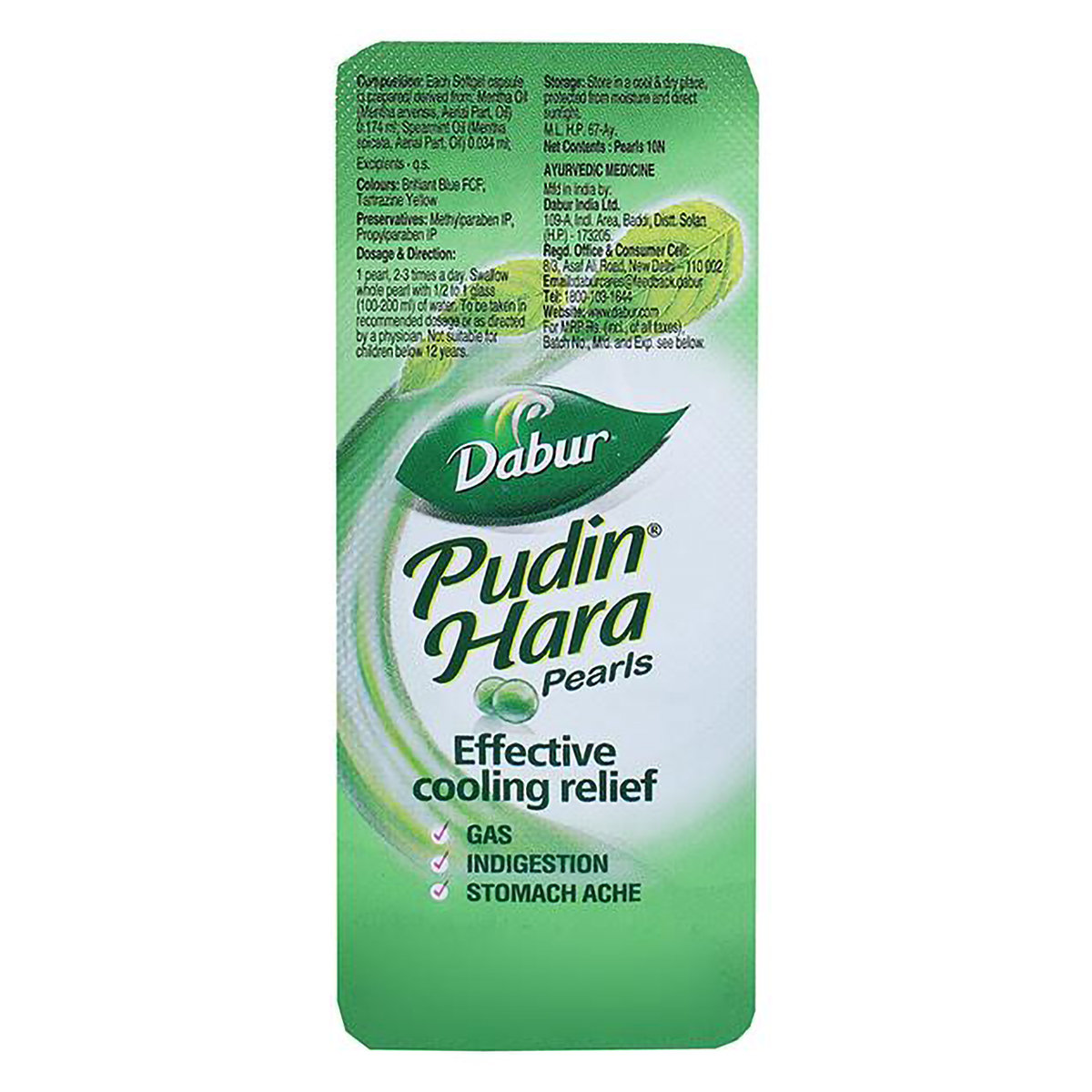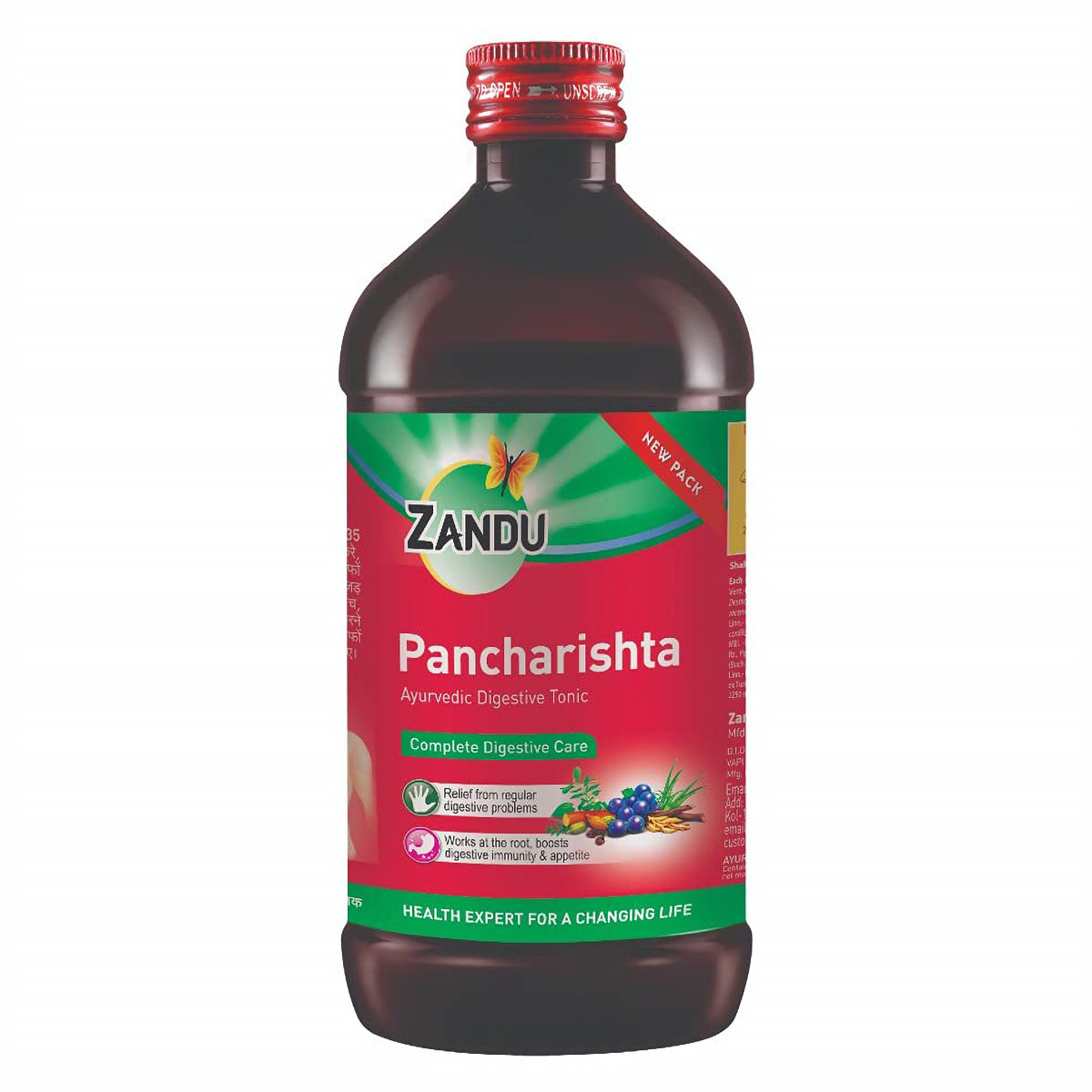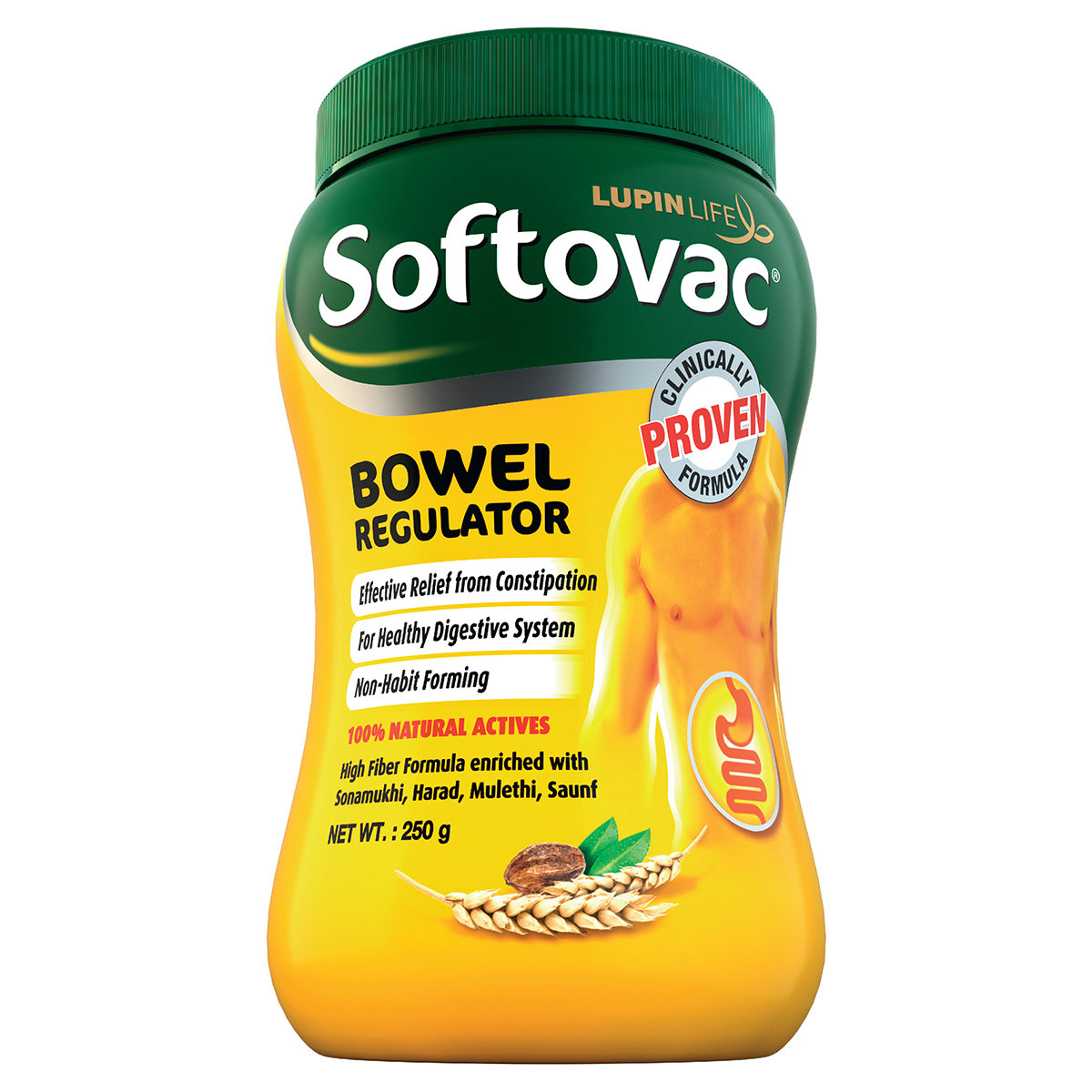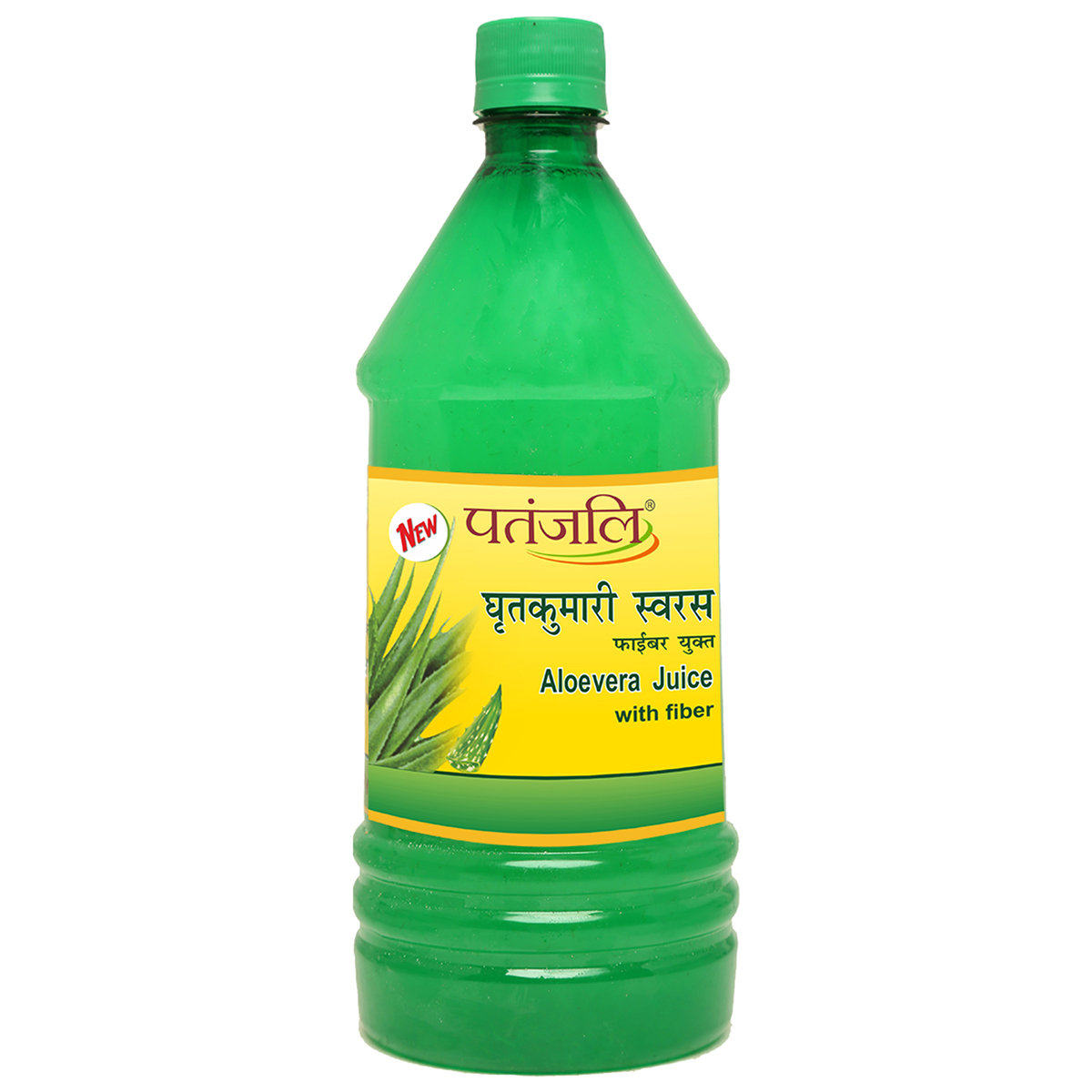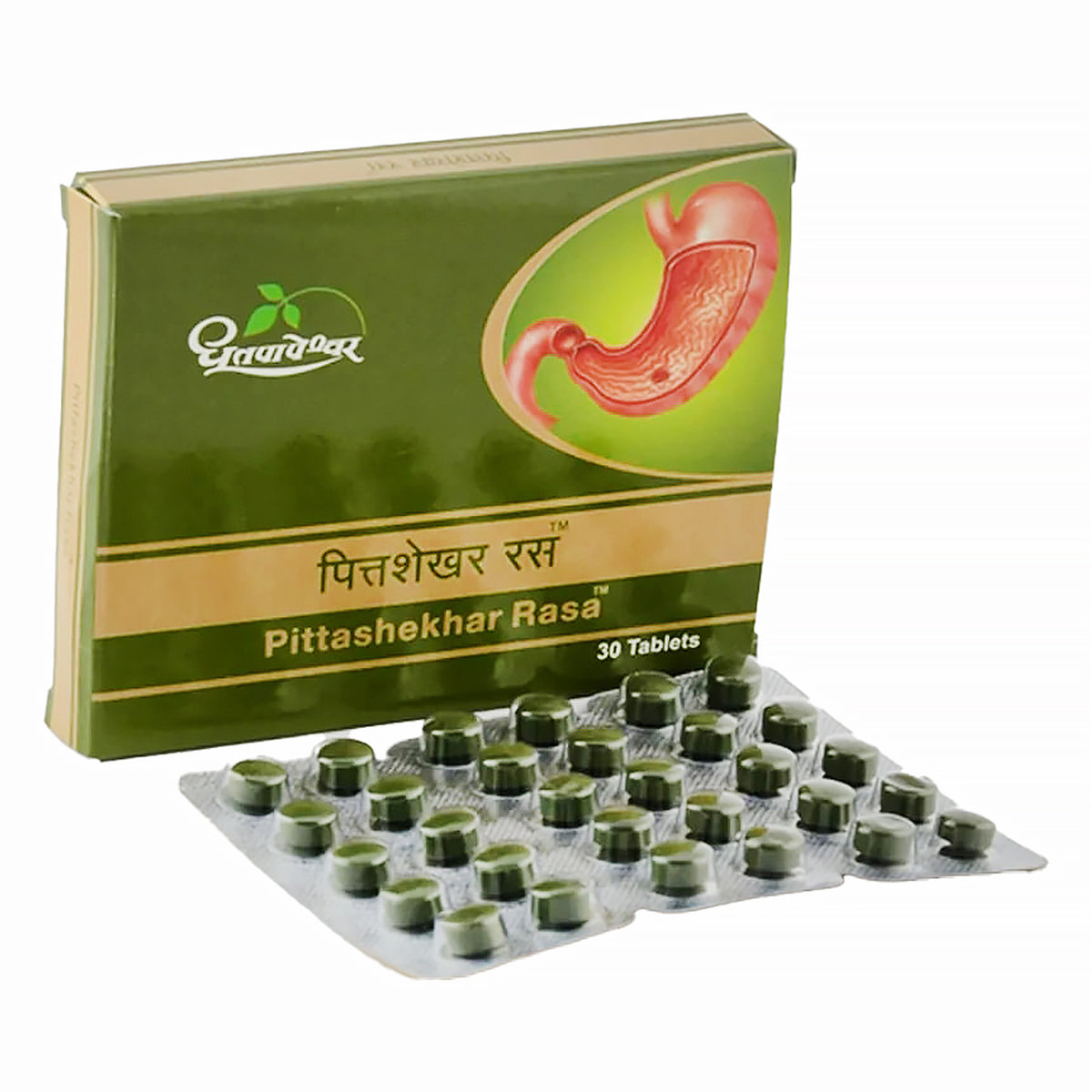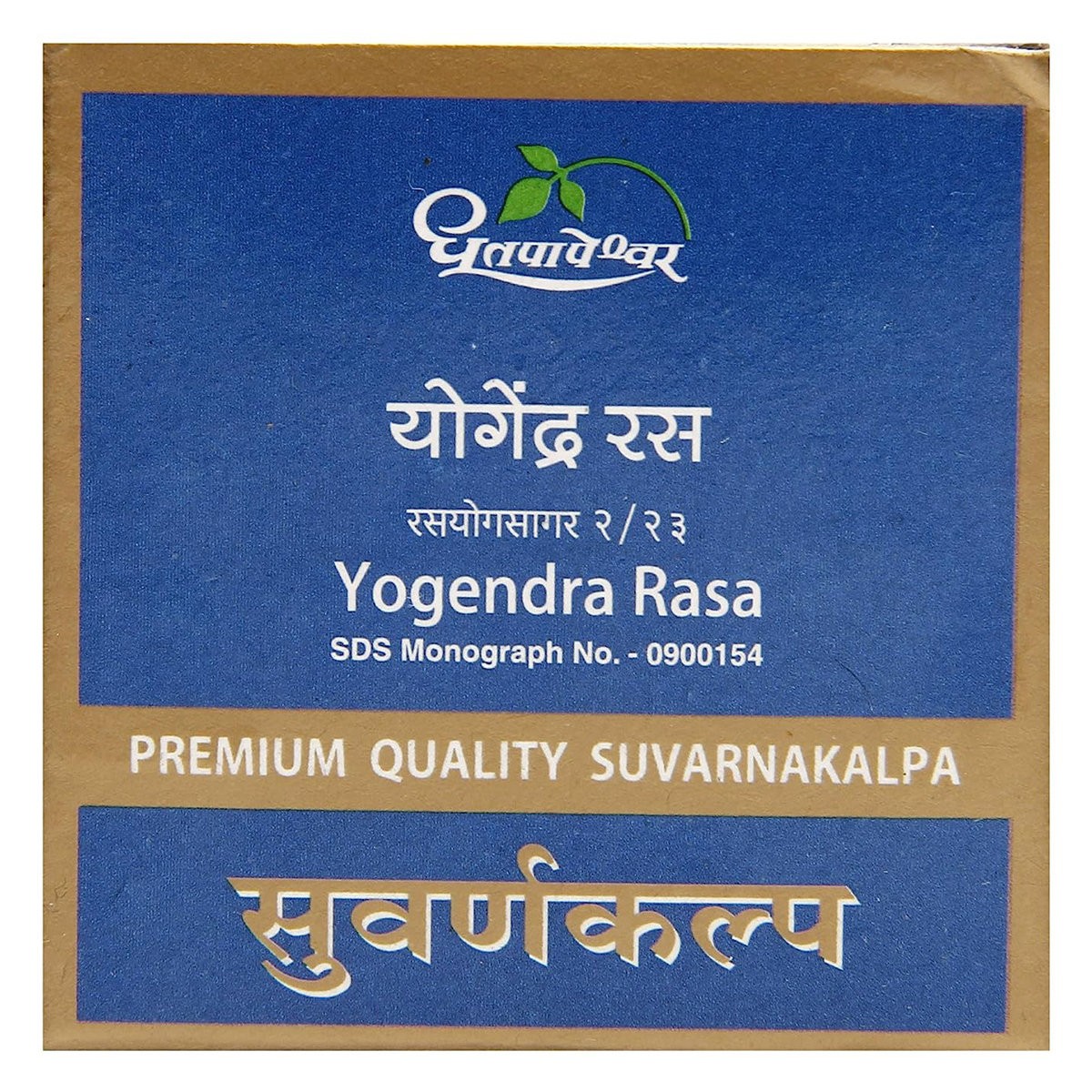Mefsaid D Tablet
MRP ₹50
(Inclusive of all Taxes)
₹7.5 Cashback (15%)
Know Your Delivery Time
Provide Delivery Location

Secure Payment

India's Most Trusted Pharmacy

Genuine Products
Composition :
Manufacturer/Marketer :
Consume Type :
Expires on or after :
Return Policy :
About Mefsaid D Tablet
Mefsaid D Tablet is used to treat abdominal pain, muscle pain, migraine headache, functional bowel disorders, dysmenorrhea (menstrual cramps), heavy bleeding during periods, renal colic pain, and pain after surgery. Pain is a symptom triggered by the nervous system, causing uncomfortable sensations in the body. Muscle spasm is the sudden involuntary contractions of the muscle, which can be painful and uncomfortable.
Mefsaid D Tablet is a combination of two drugs: Drotaverine (anti-spasmodic) and Mefenamic acid (NSAID). Drotaverine works by reducing calcium reuptake by the cells, thereby correcting the body's calcium levels and relieving contractions associated with smooth muscles. Mefenamic acid works by blocking the effect of chemical messengers that cause pain and inflammation at the injured or damaged site. Together, Mefsaid D Tablet helps in relieving pain.
You are advised to take Mefsaid D Tablet for as long as your doctor has prescribed it for you, depending on your medical condition. In some cases, you may experience certain common side-effects such as gastrointestinal disturbances, feeling thirsty, nausea, vomiting, diarrhoea, dry mouth, rashes and itching. Most of these side effects do not require medical attention and will resolve gradually over time. However, you are advised to talk to your doctor if you experience these side effects persistently.
Inform your doctor if you have/had asthma, peptic ulcers, porphyria, or bleeding problems. Consult your doctor if you are pregnant or breastfeeding. Mefsaid D Tablet may cause dizziness, so drive with caution. Mefsaid D Tablet should not be given to children as safety and efficacy have not been established. Avoid consuming alcohol as it could lead to increased drowsiness and dizziness; it might also increase stomach bleeding risk. Keep your doctor informed about your health condition and medicines to rule out any side effects.
Uses of Mefsaid D Tablet
Mefsaid D Tablet is used in pain management treatments. The detailed uses of Mefsaid D Tablet are as follows:
- Relief from Menstrual Cramps: Mefsaid D Tablet is frequently used to reduce extreme menstrual pain, which eases period discomfort and cramping.
- Abdominal Pain Treatment: It can help relieve muscle spasms in the gastrointestinal tract and effectively helps to manage abdominal pain due to various conditions.
- Postoperative Pain Management: Mefsaid D Tablet is occasionally recommended to help manage pain after surgery, especially in cases when muscle spasms are present.
- Improving Gastrointestinal Conditions: Mefsaid D Tablet can also be used to alleviate pain and discomfort caused by gastrointestinal conditions, including irritable bowel syndrome.

Have a query?
Directions for Use
- Take Mefsaid D Tablet with food to avoid stomach upset or as advised by a doctor.
- Follow your doctor's instructions on the dosage and timing of this medication, to ensure the safety.
- Swallow the medicine as a whole with glass of water.
- Do not crush, break, or chew it.
Key Benefits
Mefsaid D Tablet is a combination of two drugs: Drotaverine and Mefenamic acid. Mefsaid D Tablet is used to treat abdominal pain, muscle pain, migraine headache, functional bowel disorders, dysmenorrhea (menstrual cramps), heavy bleeding during periods, renal colic pain, and pain after surgery. Drotaverine is an antispasmodic that reduces calcium reuptake by the cells, thereby correcting the calcium levels in the body and relieving contractions associated with smooth muscles. Mefenamic acid is an NSAID which works by blocking the effect of a chemical messenger in the body, known as cyclo-oxygenase (COX) enzymes that make other chemical prostaglandins. Prostaglandins are produced at injury sites and cause pain and swelling. By blocking the COX enzymes' effect, lesser prostaglandins are produced, which reduces mild to moderate pain and inflammation at the injured or damaged site. Together, Mefsaid D Tablet helps in relieving pain.
How Mefsaid D Tablet Works
Storage
What if I have taken an overdose of Mefsaid D Tablet
Drug Warnings
Do not take Mefsaid D Tablet if you are allergic to any of its contents. Inform your doctor if you have severe heart failure, or have suffered bleeding problems such as bleeding from the stomach or bowels while taking any painkillers. If you have had any recent heart surgery, do not take Mefsaid D Tablet unless prescribed by the doctor, as Mefsaid D Tablet may increase the risk of heart attack or stroke. Inform your doctor if you have/had asthma, peptic ulcers, porphyria, bleeding problems, liver or kidney impairment. Consult your doctor if you are pregnant or breastfeeding. Mefsaid D Tablet may cause dizziness, so drive only if you are alert. Mefsaid D Tablet should not be given to children as safety has not been established. Avoid consuming alcohol as it could lead to increased drowsiness and may increase the risk of stomach bleeding. Stop taking Mefsaid D Tablet and consult your doctor immediately if you have stomach pain or any signs of bleeding in the intestine or stomach, such as blood in stools. Do not take any other NSAIDs for pain relief along with Mefsaid D Tablet unless prescribed.
Diet & Lifestyle Advise
- Exercising regularly helps in muscle stretching so that they are less likely to spasm, tear and sprain. Mild exercises such as jogging and walking are helpful for muscle stretching.
- Massages can also be helpful.
- Avoid freezing and hot temperatures.
- Avoid wearing tight-fitting clothes; instead, wear loose garments.
- Rest well, and get plenty of sleep.
- To avoid developing pressure sores, change your position at least every two hours.
- Hot or cold therapy can help treat muscle spasms. Apply an ice pack or hot-pack on the muscle for 15-20minutes.
- Stay hydrated, drink plenty of water.
Habit Forming
Therapeutic Class
All Substitutes & Brand Comparisons
RX
Out of StockDrosis M Tablet
Biozenic
₹89.5
(₹8.06 per unit)
79% COSTLIER
Alcohol
Safe if prescribed
Avoid consumption of alcohol while taking Mefsaid D Tablet as it may cause increased drowsiness. It can also increase the risk of stomach bleeding.
Pregnancy
Consult your doctor
Please consult your doctor if you are pregnant or if you have any concerns regarding this; your doctor will prescribe only if the benefits outweigh the risks.
Breast Feeding
Consult your doctor
Consult your doctor before taking Mefsaid D Tablet if you are breastfeeding. Your doctor will prescribe only if the benefits outweigh the risks.
Driving
Safe if prescribed
Mefsaid D Tablet may cause drowsiness. Drive or operate machinery only if you are alert.
Liver
Consult your doctor
Please consult your doctor if you have a liver impairment or any concerns regarding this. Your doctor will prescribe only if the benefits outweigh the risks.
Kidney
Consult your doctor
Please consult your doctor if you have kidney impairment or any concerns regarding this. Your doctor will prescribe only if the benefits outweigh the risks.
Children
Safe if prescribed
Mefsaid D Tablet should not be given to children as the safety and effectiveness were not established.
Heart
This medicine is not recommended in cardiac patients due to its adverse effects. However, if prescribed extreme caution should be exercised.
Geriatrics
Consult your doctor
Mefsaid D Tablet can be given in elderly patients with caution due to the serious adverse effects.
FAQs
Mefsaid D Tablet is used to treat abdominal pain, muscle pain, migraine headache, functional bowel disorders, dysmenorrhea (menstrual cramps), heavy bleeding during periods, renal colic pain, and pain after surgery.
Mefsaid D Tablet contains Drotaverine and Mefenamic acid. Drotaverine works by relieving contractions associated with smooth muscles of the abdomen. Mefenamic acid works by blocking the action of certain chemical messengers that cause pain.
Diarrhoea might be a side-effect of Mefsaid D Tablet. Drink enough fluids and eat non-spicy food if you experience diarrhoea. Consult your doctor if you experience severe diarrhoea or if you find blood in your stools.
Dry mouth could be a side-effect of Mefsaid D Tablet. Limiting caffeine intake, avoiding smoking and mouthwashes containing alcohol, drinking water regularly, and chewing sugar-free gum/candy might stimulate saliva and prevent drying of the mouth.
Do not take Mefsaid D Tablet for longer durations as it might increase the risk of heart problems and stomach bleeding. Take Mefsaid D Tablet only for as long as your doctor has prescribed it.
Mefsaid D Tablet is generally prescribed for short durations and can be discontinued after pain relief. However, you are advised to continue taking Mefsaid D Tablet for as long as your doctor has prescribed. Do not be reluctant to speak with your doctor if you feel any difficulty while taking Mefsaid D Tablet.
Mefsaid D Tablet is used to treat dysmenorrhea (period pain), pain due to heavy bleeding during periods, and menstrual cramps. Take Mefsaid D Tablet only as prescribed, and do not overdose.
Mefsaid D Tablet may cause dizziness, so drive with caution and only if you are alert. Avoid consuming alcohol as it could lead to increased drowsiness and dizziness; it might also increase stomach bleeding risk. Stop taking Mefsaid D Tablet and consult your doctor immediately if you have stomach pain or any signs of bleeding in the intestine or stomach, such as blood in stools.
No, do not take Mefsaid D Tablet on an empty stomach. Take it with food to prevent stomach upset.
Mefsaid D Tablet usually starts working within an hour. However, this might vary individually based on the physical condition.
The doctor will determine the daily dose of Mefsaid D Tablet based on your condition. Please consult the doctor if you have any concerns.
Mefsaid D Tablet is a combination medicine containing Drotaverine (anti-spasmodic) and Mefenamic acid (NSAID). It is used to relieve abdominal pain associated with various conditions.
Yes, Mefsaid D Tablet is safe if taken in the dose and duration prescribed by the doctor.
Yes, Mefsaid D Tablet may cause nausea and vomiting as a side effect. If you have nausea and vomiting, get fresh air, take sips of water regularly, and eat smaller, frequent meals. Consult the doctor if the condition persists or worsens.
No, do not take a higher than the recommended dose of Mefsaid D Tablet as it may cause overdose. If you suspect you have taken an overdose, please consult a doctor immediately.
Store Mefsaid D Tablet at room temperature, in a dry place. Keep it out of sight and reach of children.
Yes, Mefsaid D Tablet can be taken with food. Taking Mefsaid D Tablet with food helps prevent stomach upset.
Common side effects of Mefsaid D Tablet are gastrointestinal disturbances, feeling thirsty, nausea, vomiting, diarrhoea, dry mouth, rashes and itching. Most of these side effects do not require medical attention and will resolve gradually over time. However, you are advised to talk to your doctor if you experience these side effects persistently.
Mefsaid D Tablet can be used during pregnancy or breastfeeding if advised by the doctor. The doctor will prescribe Mefsaid D Tablet only if the benefits outweigh the risks.
Do not take Mefsaid D Tablet for longer durations as it might increase the risk of heart problems and stomach bleeding. Take Mefsaid D Tablet only for as long as your doctor has prescribed it.
If you miss a dose of Mefsaid D Tablet, take it as soon as you remember. However, if it is almost time for the scheduled dose, skip the missed dose and take the next dose at the scheduled time.
Country of origin
Manufacturer/Marketer address
Disclaimer
Author Details
We provide you with authentic, trustworthy and relevant information
Reference
- https://www.bionova.co.in/drotafix-tablet.html
- https://www.ravimiregister.ee/Data/PIL_ENG/PIL_11232_ENG.pdf
- https://www.accessdata.fda.gov/drugsatfda_docs/label/2008/015034s040lbl.pdf
- https://www.drugs.com/cdi/mefenamic-acid.html
- https://www.hpra.ie/img/uploaded/swedocuments/eec4b0f8-a82a-4ba9-8e04-d411ee4d7b95.pdf







